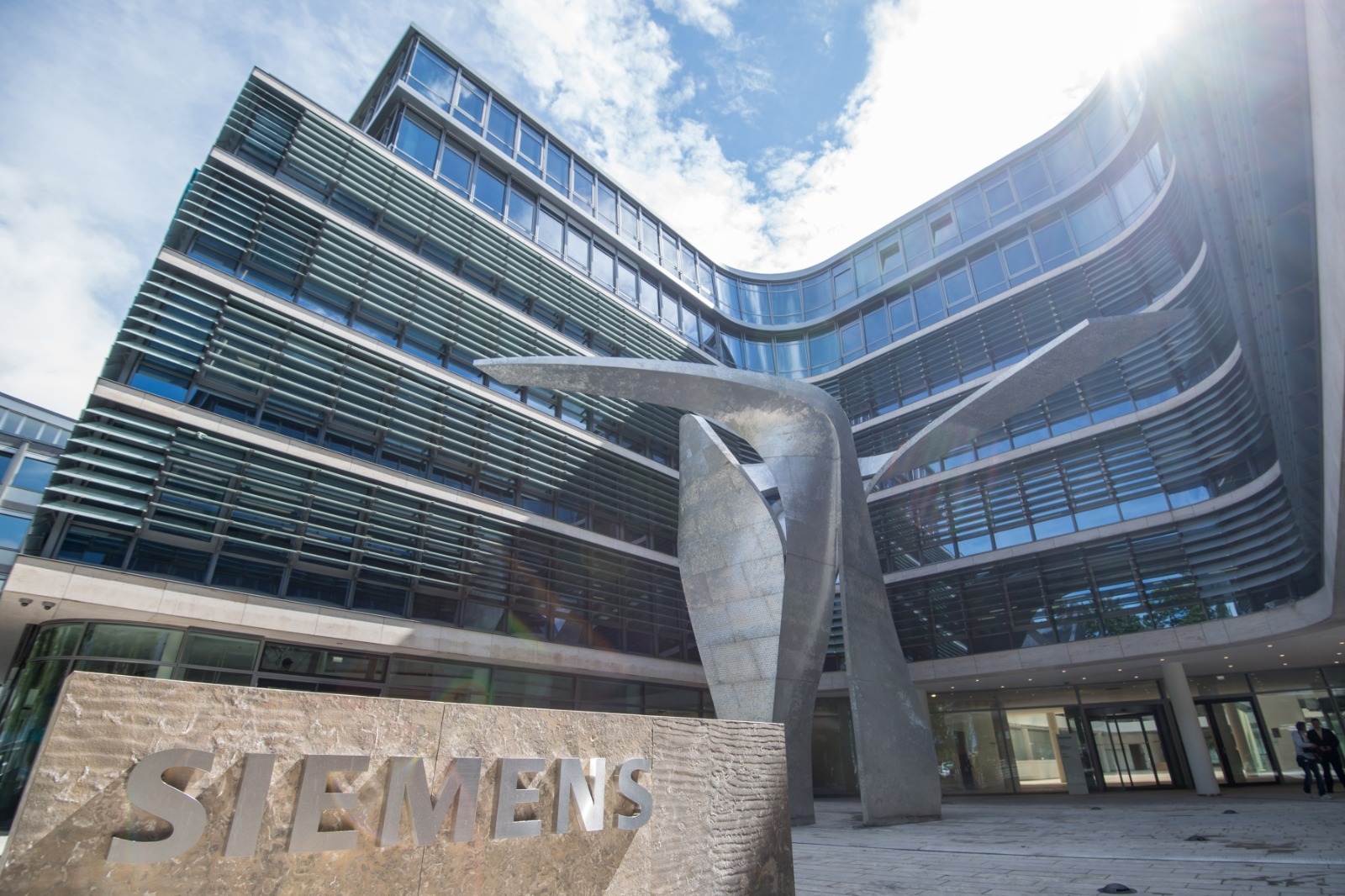
Siemens has taken a significant step into industrial drive technologies by acquiring ebm-papst’s business unit. This acquisition will further strengthen Siemens’ leading position, particularly in factory automation and digitalization. It also provides a strategic addition to Siemens’s open digital business platform, the Siemens Xcelerator portfolio. This expansion into battery-powered and intelligent drive solutions presents a strong growth opportunity for Siemens and represents a significant step toward providing more sustainable and efficient production processes for its customers.
Siemens has completed the acquisition of ebm-papst’s Industrial Drive Technology (IDT) business. IDT employs approximately 650 people in Germany (St. Georgen and Lauf an der Pegnitz) and Romania (Oradea) and offers a portfolio of intelligent, integrated mechatronic systems as well as drive systems. These technologies are used in autonomous, driverless transport systems designed for industrial environments, facilitating the efficient movement of products and materials in these environments. The acquisition will complement the Siemens Xcelerator portfolio and strengthen Siemens’ position as a leading provider of flexible manufacturing automation solutions. Integrating the new portfolio into the existing automation portfolio and leveraging Siemens’ global sales network is expected to create new markets and significant business potential for intelligent, battery-electric drive and robot solutions.
“The new portfolio elements significantly expand and enhance our offerings to customers looking to automate and digitize production processes in smart factories,” said Achim Peltz, CEO of Siemens Digital Industries’ Motion Control business unit. “Our integrated mechatronic drive systems offer greater flexibility, productivity, and efficiency in the growing global market for conveyor and autonomous transport systems, including mobile robots, driverless transport systems, and shuttle vehicles.”
These systems support Siemens’ sustainability goals by providing energy-efficient solutions and helping create flexible, scalable, and secure digital factories. Combined with software-based automation, where automation components are enhanced by IT and software methods, these solutions represent a new step toward adaptive manufacturing and another element of Siemens’ strategy to connect the real and digital worlds.

